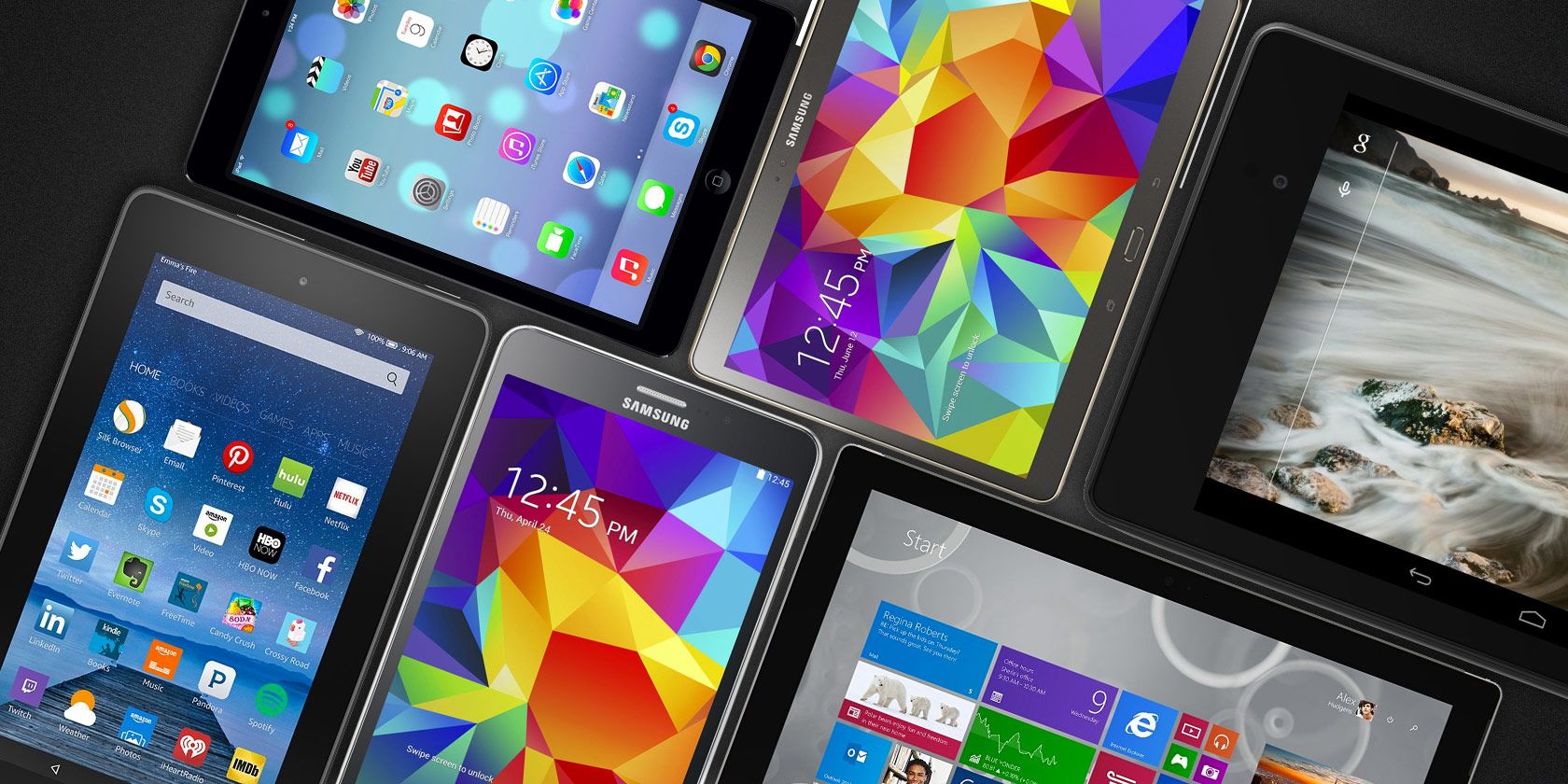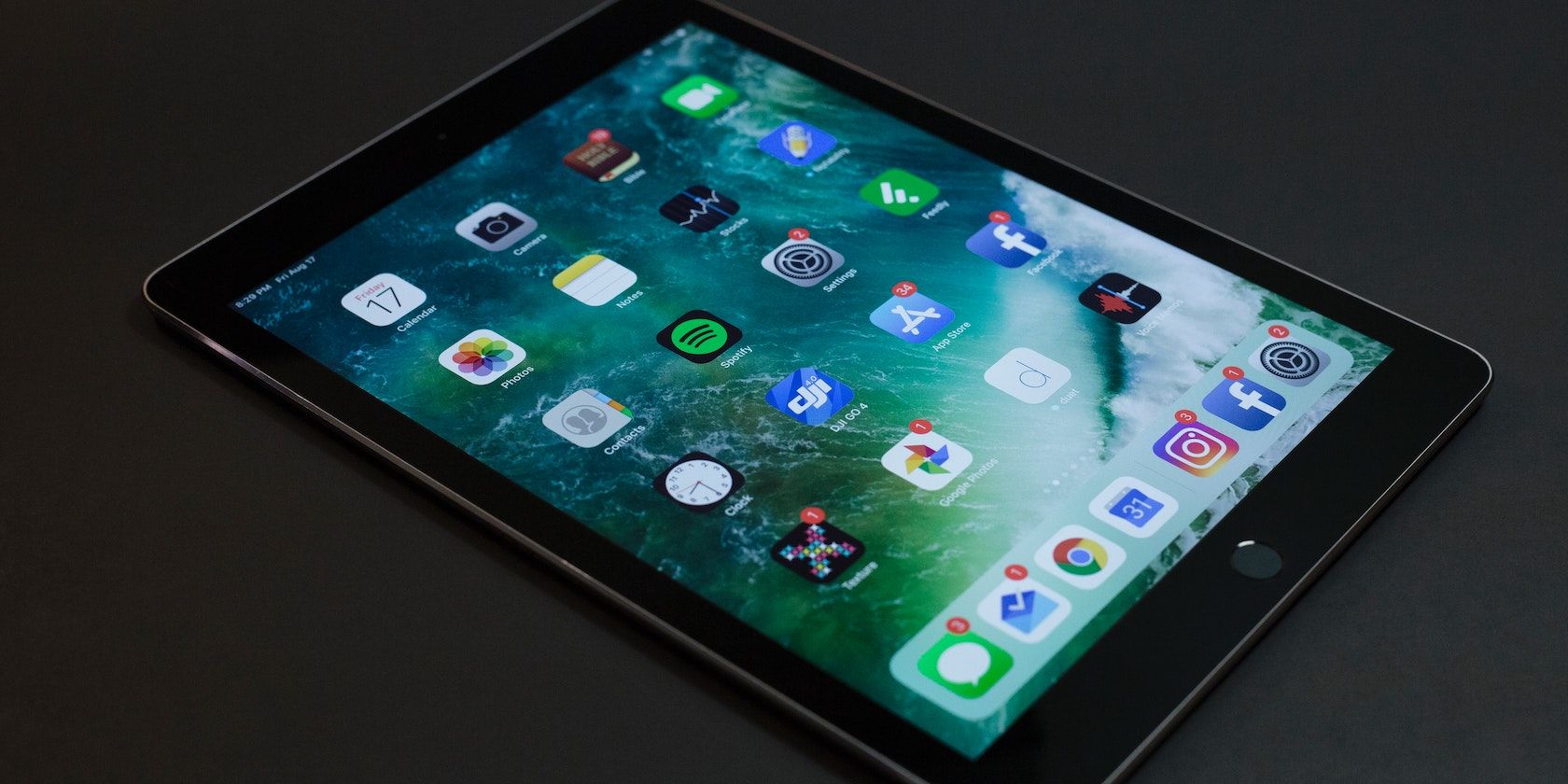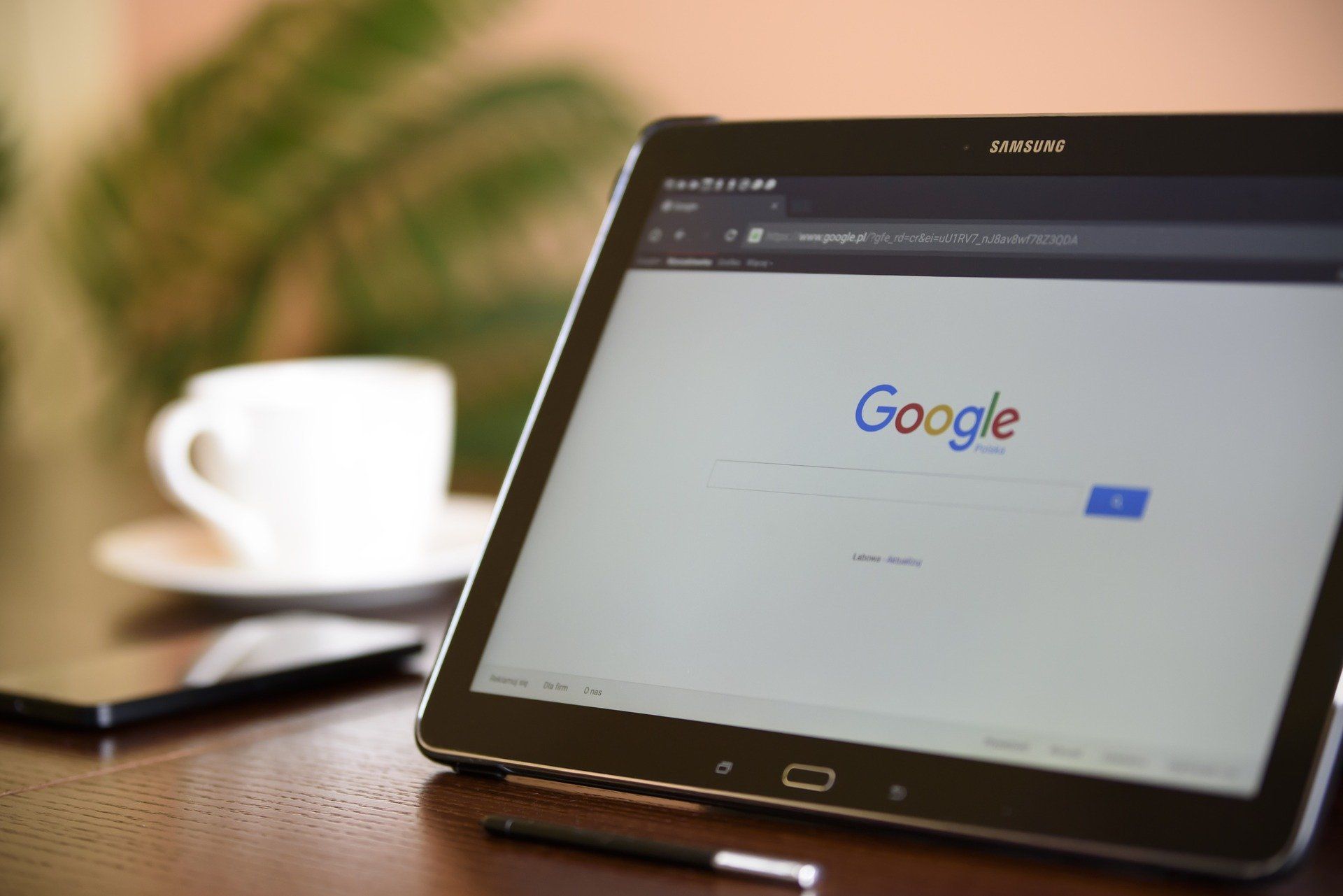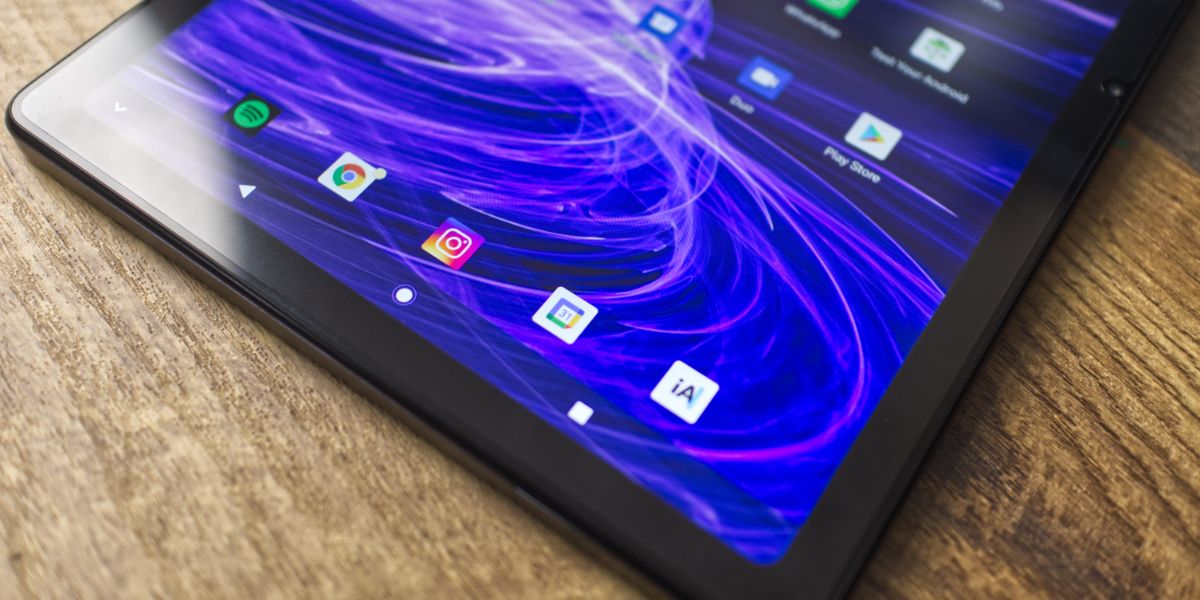It used to be that if you wanted a tablet, you'd go out and buy the latest iPad—but nowadays, there are a myriad of different tablets from several manufacturers.
More manufacturers are making tablets, more models are available, and the buying process has just gotten more complicated. To simplify it, ask yourself these questions before you buy.
1. Do I Want an iPad?
This might seem like a silly question to start with, but if you're thinking about buying a tablet, and what you really want is an iPad, that can make your decision a lot easier. There's nothing wrong with wanting an iPad because it's an iPad—they work great, the App Store has tons of great apps, and they're phenomenally well-designed. If you're a diehard Apple fan and you want an iPad, that's fine—go for it.
If you're not sure if you want an iPad or an Android tablet (or even a Windows one!), though, read on, and the decision will get easier.
2. What Will I Use It For?
What made you want to get a tablet in the first place? Will you use it for work? Do you want to play games on a bigger screen than your smartphone? Do you want to read e-books? Or just have an easily transportable alternative to your laptop for work? Of course, these are all viable reasons for owning a tablet, but your primary purpose for getting one could make a big difference in your choice.
For example, if you're going to be using it for work, you should consider a very powerful 2-in-1 Chromebook or Windows convertible, as they have full operating systems. If you need a portable yet powerful device for work, that's the direction you may want to go in.
Just about any modern tablet from a major manufacturer will be good at playing games. Since games on the App Store are made specifically for iPad, they'll run the smoothest. For e-books, any tablet will work, but Amazon's Fire tablets have direct integration with the company, so it'll be easier to shop the Kindle store. And if you just want to send some emails or read the news, you could really go with just about anything.
If you plan to do a lot of reading, you might want a tablet in the 4:3 aspect ratio, as that's closer to a page from a book. However, If you're going to be watching a lot of movies, you're going to want a tablet with a 16:9 aspect ratio. This aspect will eliminate black bars on the top and bottom of your content.
3. Which Size Tablet is Best?
Obviously, there's no single size that will work best for everyone; it depends very much on your answer to the last question. If you're going to be working on a tablet, you probably want a lot of screen real estate so you don't strain your eyes while trying to focus on small type. A 10-inch tablet will give you a big screen to work on.
Smaller tablets might appeal to people who will be doing a lot of traveling; an iPad Mini 6 or a smaller Kindle Fire tablet. These tablets will be small enough to pack in a backpack or purse without adding much weight. And if you add a Bluetooth keyboard, they'll be easier to type on, too.
4. Do I Need Wireless Data, or is Wi-Fi Sufficient?
This is another question that may depend greatly on how much you plan to travel with your tablet. While having 4G LTE or 5G connectivity is nice, it's another expense, and a data plan could cost you $20 or $30 per month, depending on your provider and how much data you need. On the other hand, wireless data will be a lifesaver if you need access to the internet from anywhere in the country without searching for a coffee shop with free Wi-Fi.
Many people, however, will be fine with just Wi-Fi connectivity. Between your house, your workplace, and the coffee shop where you like to hang out, you should have an available Wi-Fi network pretty much all the time. Not only does this remove the cost of the data plan, but Wi-Fi-only tablets are usually cheaper, too.
5. How Much Memory Should It Have?
Tablets come with a wide variety of storage space; Cheaper tablets come with between 16GB and 32GB of memory, while more expensive productivity tablets come with 256GB and 1TB. Many Android tablets are also expandable, so you can use an SD card to increase the storage beyond that. So how do you choose?
Think about what you'll be putting on your new tablet—are you going to play big, expansive games that will take up a lot of space? Will you want a lot of music and movies available at all times? Will you be using your tablet to show off lots of photos? Will you be storing a lot of videos? If you answered "yes" to any of these, you should consider getting a tablet with 128GB of storage or even more. That sounds like a lot, but you might be surprised at just how fast you can fill it up.
6. Should You Purchase a Foldable Phone Instead?
People usually purchase tablets because the increased screen real estate lends to better productivity. It shouldn't be too much trouble finding a tablet that's good for writing and tapping out emails. However, there's another option floating about: foldable phones.
Tablet-style foldable phones have the added benefit of compacting to a smaller form factor when you aren't using them. If you want to have a modestly sized tablet, but be able to pocket it when you're finished, you might want to consider getting a foldable phone. Newer ones can be expensive, but the versatility is priceless.
Find the Perfect Tablet
Once you have the answers to these questions, you'll have a solid understanding of what you want from your tablet, and then you can start shopping around. It'll be much easier to dismiss some options because they don't fit your needs, while others will get put on the shortlist. In the end, you'll just have to make a decision (often between paying more for an iPad or less for an Android tablet), but it should be a lot easier after going through this list.




